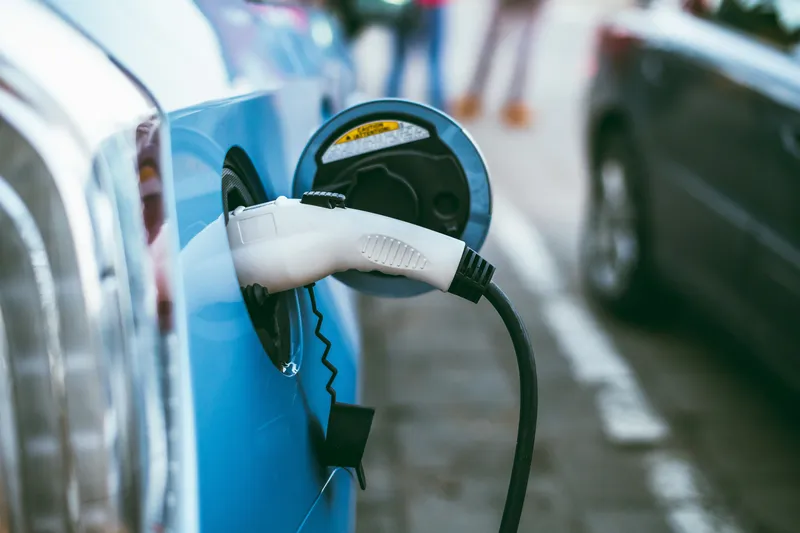
Sceptics have long questioned whether EVs are really greener than vehicles powered by fossil fuels, once emissions from production and electricity generation are taken into account.
But a study by the universities of Radboud in Nijmegen, Netherlands, and Cambridge and Exeter in the UK, shows that use of EVs leads to lower carbon emissions overall - even if electricity generation still involves substantial amounts of fossil fuels.
Researchers found that driving an EV under current conditions is better for the climate than conventional petrol cars in 95% of the world.
This excludes countries like Poland, where electricity generation is still mostly based on coal.
Researchers divided the world into 59 regions and found that in 53 of them – including most of Europe, the US and China – EVs are “already less emission-intensive than fossil-fuel alternatives”.
As energy production worldwide decarbonises, “last few debatable cases will soon disappear”, said Florian Knobloch, environmental scientist at Radboud.
Other findings revealed the average lifetime emissions from EVs are up to 70% lower than petrol cars in countries like Sweden and France - which get most of their electricity from renewables and nuclear - and around 30% lower in the UK.
Even “inefficient” EVs will be less “emission-intensive” than most new petrol cars in most countries in a few years, the report says, because electricity generation is expected to be less carbon-intensive.
The study, which also looked at home heating, projects that every second car on the streets by 2050 could be electric, reducing global carbon dioxide emissions by up to 1.5 gigatonnes per year.
“The idea that EVs… could increase emissions is essentially a myth,” insists Knobloch.
“We've seen a lot of discussion about this recently, with lots of disinformation going around,” he continues. “Here is a definitive study that can dispel those myths. We have run the numbers for all around the world, looking at a whole range of cars... Even in our worst-case scenario, there would be a reduction in emissions in almost all cases. This insight should be very useful for policy-makers.”
The study, Net emission reductions from electric cars and heat pumps in 59 world regions over time, was published in the journal Nature Sustainability.










